Once we see our horse as an equal, instead of an object for our selfish use, we're met with a new blessing and challenge. The horse's brain.
Yes, I know it's a reach to think the horse has a brain – considering how often we're reminded of it's peanutty-size. But it's true, our horse has a brain.
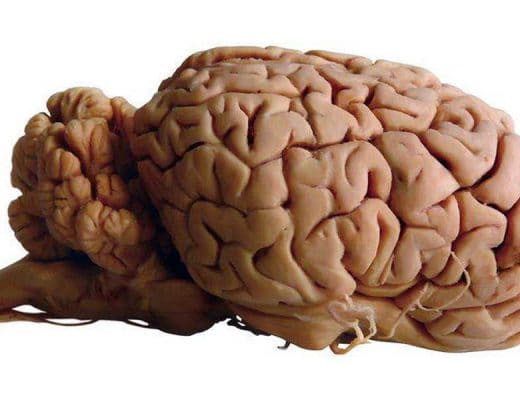
An intellgent horse!? This is great.. or terrible.. depending on your approach to training.
Do you train using your own brain? Do you make use of your logic, reason and observation to be better, to do less, and to produce more?
Or do you prefer to use physical (strength) (leverage) (influence) (intimidation) (abuse) when training?
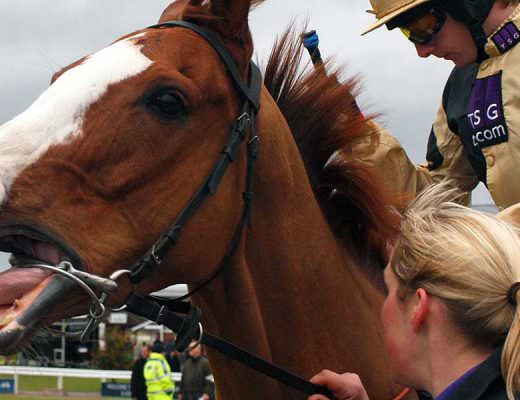
Training Opportunity
You stop your horse with his brain, not with your bit.
I'm lazy, but motivated. So, whenever possible I prefer to use my brain to solve a problem instead of my brute.
What's easier over the span of your life – teaching someone to walk to the other side of the room when verbally asked, or to physically move them to the other side of the room?
Well, that's obvious, right?!
Then why don't we apply the same logic to training the horse?
First we need to believe the horse is capable of using his own brain. Capable of intelligence.
https://www.youtube.com/watch?v=oqa46TYrH8Y
The Intelligent Horse
All I have to do is look at my horse to know he's intelligent. To watch him learn on his own. To change his behavior based on his environment.
How much attention do you give your horse when it doesn't gratify your immediate and selfish motives?
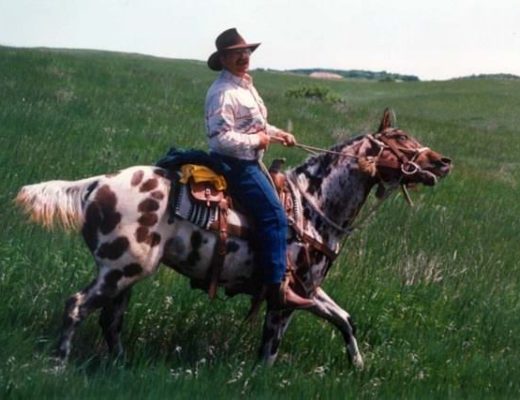
Let's give our horses the credit they're due; and treat them as if they've got a brain as big as ours.
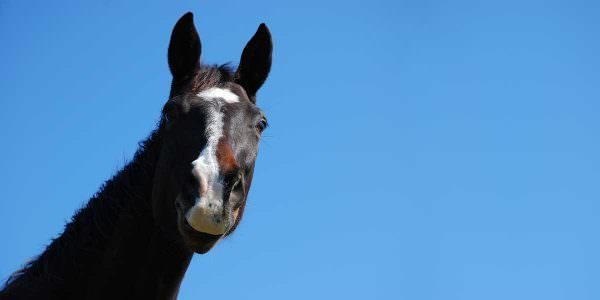
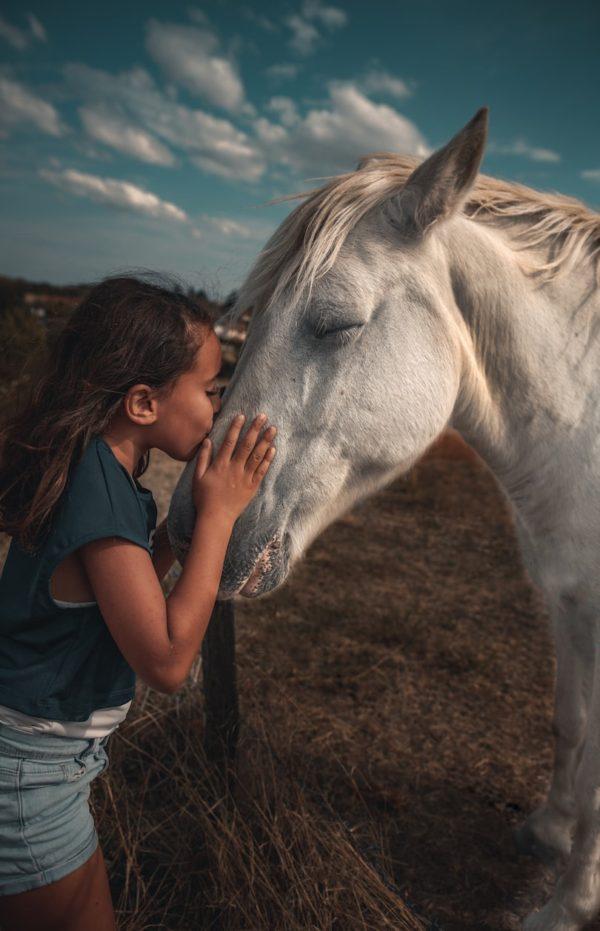
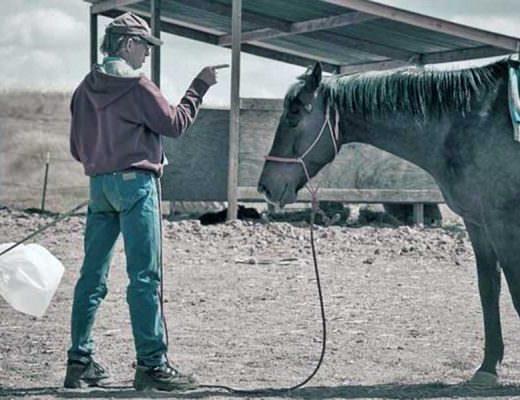
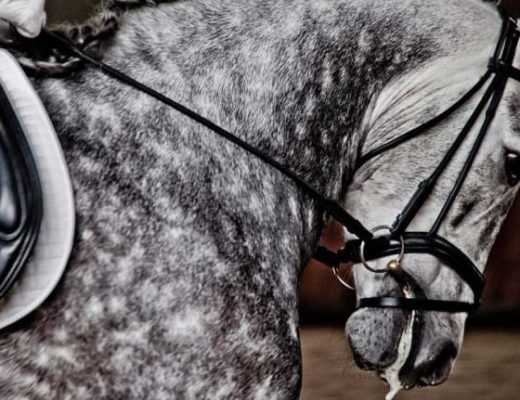
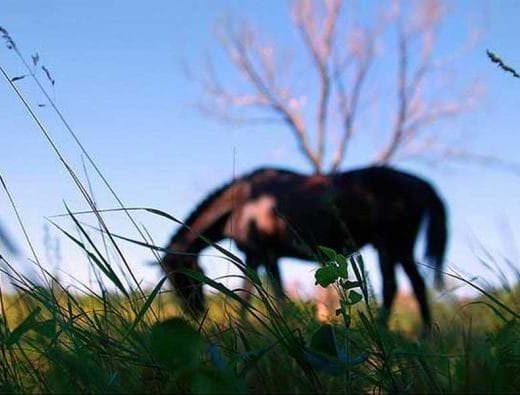
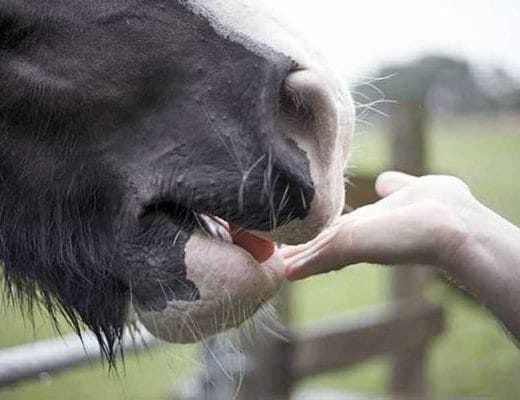
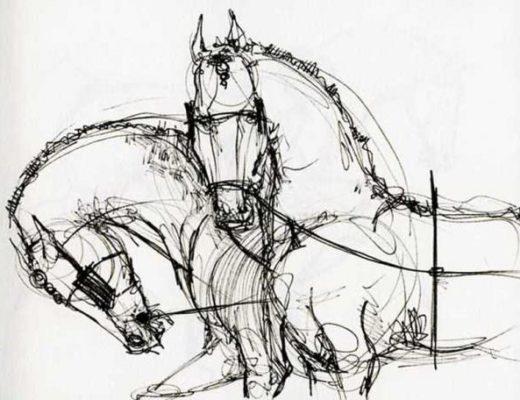
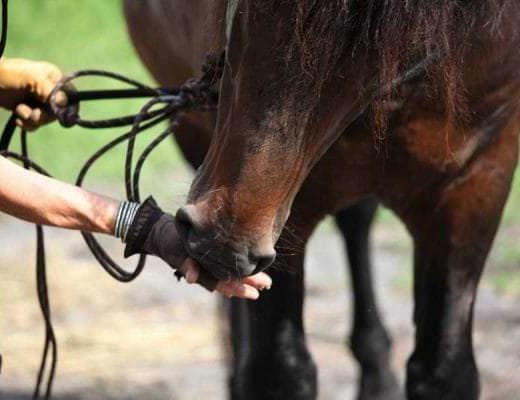
I have never been able to buy into the “dumb” horse notion … as you say, you just have to observe to see the brain working. I have a “boy genius” in my barn right now, and his breeder says I’ll have my hands full … but I love the mental challenge of getting them to want to do (and enjoy) what you want. What amazes me are the people who don’t give them much credit for intelligence … but attribute subversive motivations to their behavior … contradictory!
Hi Lia,
I think the personalities of equestrians we see in the horse community is a direct reflection of those we see in general society; which is equally concerning. There are people who look at fellow humans and fail to see any intelligence, and as you pointed out to believe others are actually “out to get them”.
But just as general society finds a reduction of these traits where education (and I don’t mean expensive “education” but true learning) increases, I believe the horse community can likewise benefit if we push for more education requirements.
Thanks for speaking up! 🙂
I thought my gelding wasn’t very smart, but now I’m coming to think that a lot of it was learned helplessness and a basic distrust of human communication. Just yesterday I encountered a group of riders on the trail, and one of them was remarking on my riding him in a rope halter. I explained that he could run through any reasonable bit, so I had switched to the halter. Another one asked, “Do you have brakes on him?” I answered, “No, but I didn’t with a bit, either.” Later I thought, it’s not like he’s a runaway horse (any more), but rather that we negotiate stops from speed. I don’t stop him (I could, but it’s not pleasant for either of us), rather I get his attention, he down-gaits, I get his attention again, he down-gaits again, and then we do a normal stop from the walk.
Fear is a block to thinking for both horses and people. We think of horses being fearful–prey animals and all that–but human fear is a bigger problem because it is often unacknowledged. A big breakthrough for me in my becoming a rider was when I realized that I could safely sit a horse at a speed I didn’t ask for and think about what to do next.
One of my favorite trainers (Sylvia Scott) says “The long way is the short way.” I believe that with all my heart. Artificial aids, like crops, spurs, bitting rigs, martingales or training forks, draw reins, etc, are all shortcuts. My horses will never again have metal in their mouths (or on their feet, for that matter). I’ve recommended the YouTube video “The Effects of the Bit” a hundred times, and I’ll keep recommending it.
Erika Franz, thank you for this. You are truly the horses’ hero.
John Lyons says you’ve got to make the horse’s lungs talk to its brain, by running around a round pen until it gives up.
The Mexican cowboys call a bit a freno, the same word used for brakes in a car. I say the freno is in the braino.
I need to remember they speak a different language..yelling the wrong language louder is not good communication..and as I am the one with the greatest capacity for change and growth, I will change and grow for the horse.